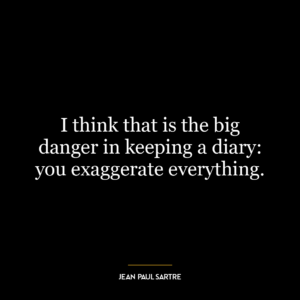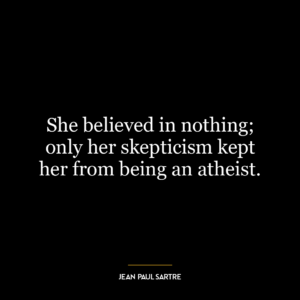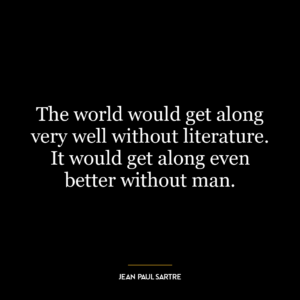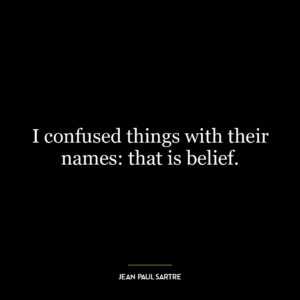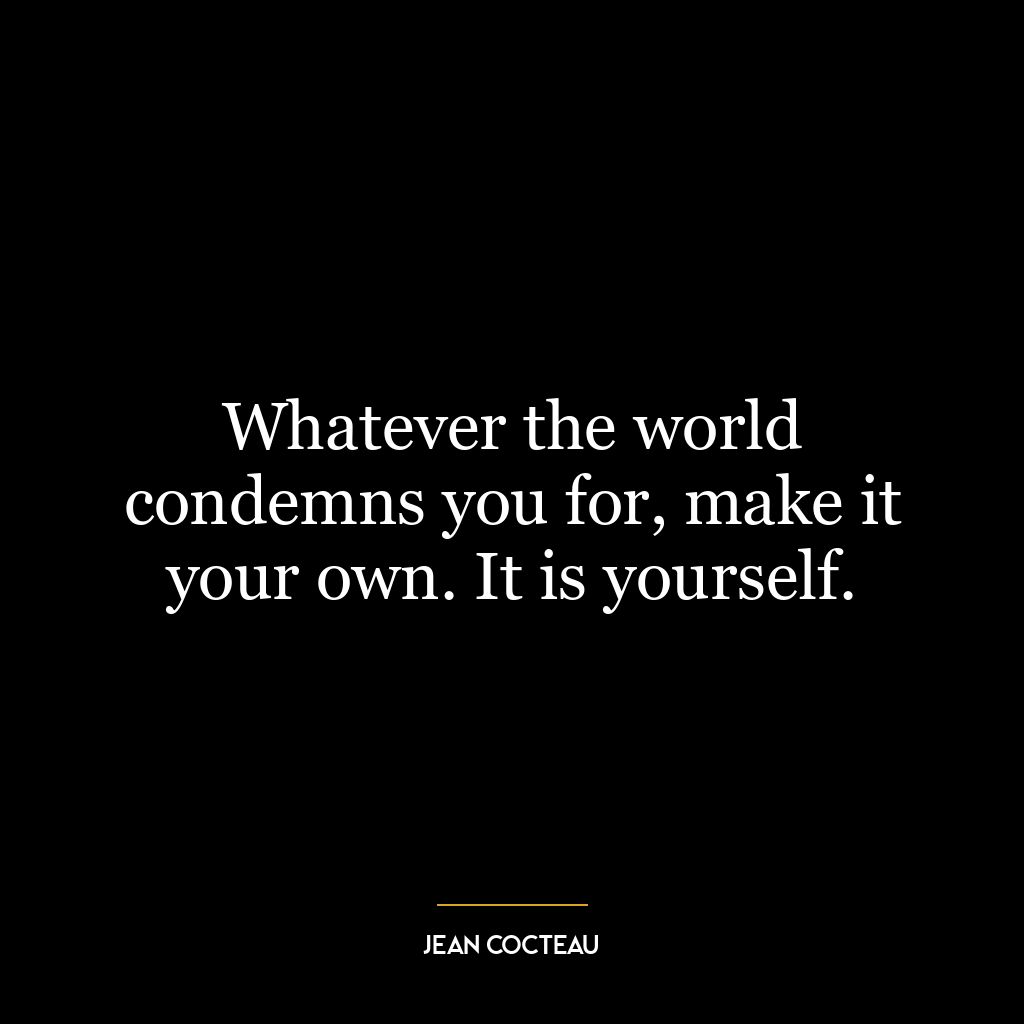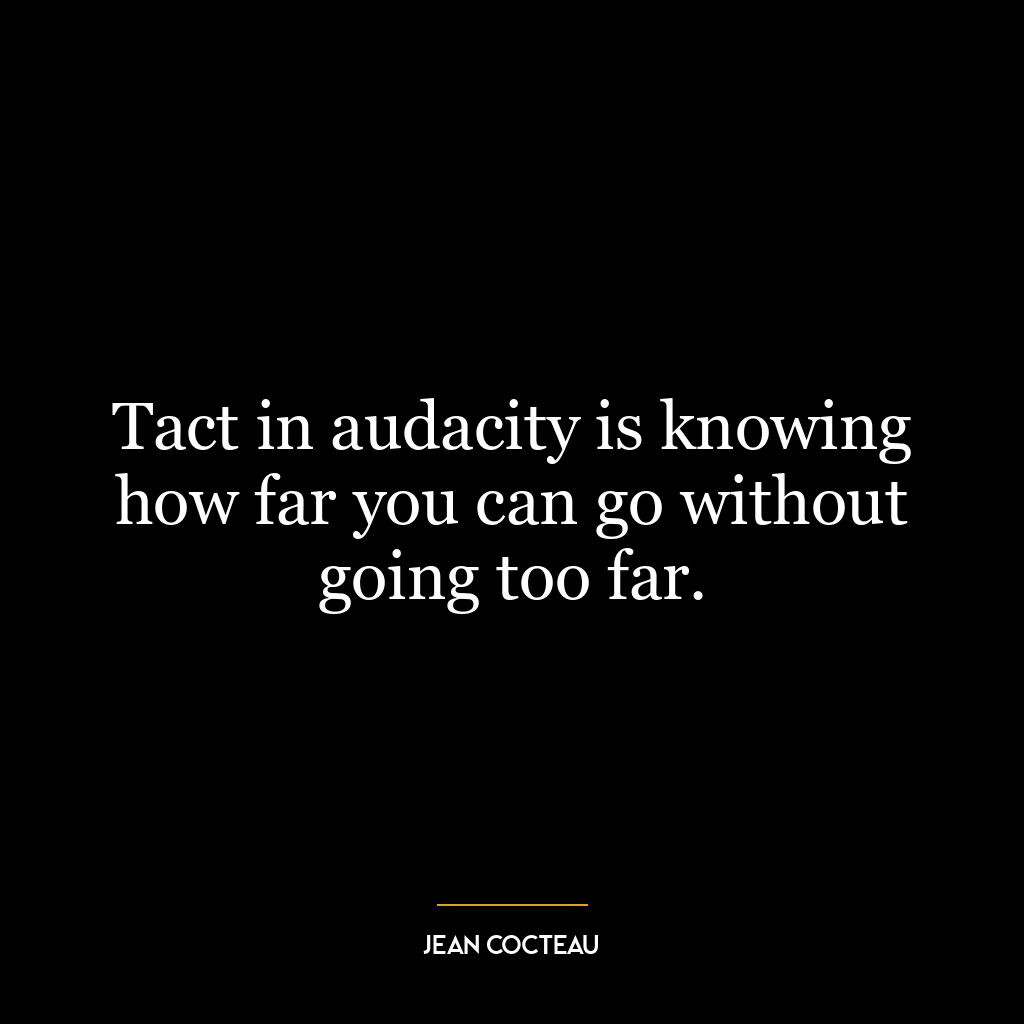This quote suggests a sense of self-awareness about one’s own limitations, particularly in dealing with the complexities of the inner life, which includes emotions, thoughts, desires, and fears. The reference to being neither "virgin" nor "priest" may refer to the purity, innocence, or sanctity often associated with these roles. This implies a certain level of detachment or objectivity that may be required to fully understand and navigate the inner life.
The virgin in this context could symbolize innocence, purity, and a lack of worldly corruption, suggesting that one needs a certain level of innocence to delve into the inner life without being tainted by preconceived notions or biases. The priest, on the other hand, could represent a spiritual guide or a mediator between the human and the divine, suggesting that one needs a certain level of wisdom, knowledge, or spiritual insight to navigate the inner life.
By saying he is neither virgin nor priest enough, the speaker acknowledges his own flaws, biases, and limitations that prevent him from fully understanding or dealing with the inner life. He recognizes that he lacks the innocence to approach the inner life without bias and the wisdom to navigate its complexities.
In today’s world, this quote could be applied in various contexts, particularly in personal development and mental health. It could serve as a reminder of the importance of self-awareness and humility in understanding our own minds and emotions. It suggests that we should not underestimate the complexities of our inner life and should acknowledge our limitations in dealing with it.
In the context of personal development, it could encourage us to seek help when needed, whether it be from a therapist, a spiritual guide, or a trusted mentor. It could also encourage us to continuously learn and grow, to strive for both the innocence of a virgin and the wisdom of a priest, in order to better understand and navigate our inner life.



